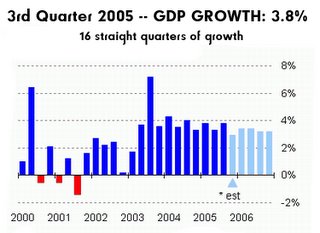The difference between 2000 and 2004 election are the "911 republicans" who gave Bush a majority in 2004. 911 republicans care about waging and winning the global war against islamofascism. They are made up of moderate republicans, true liberals (who believe in freedom and democracy for all), and similarly minded independents. True conservatives probably don't care all that much for the war and would as soon see the US isolationist. Most conservatives tolerated it as a necessity, and because it was the right thing to do. But it is not a core tennet of the conservative agenda. Many conservatives have even come out against the war.
When it comes to social issues, the conservatives really want someone who will pass their litmus test for SCotUS (like overturning Roe vs. Wade). Sure they talk about not legislating from the bench, but this is as long as it serves the conservative agenda. I do believe the conservatives are generally less ideologically blinded than their mirrors on the left, but not by much.
Naturally conservatives, being the core supporters of Bush, feel betrayed with the Miers nomination. But it was the 911 republicans that won the 2004 election for Bush. It was the moderates that came out for fighting against islamofascist in the name of security that put him over the top. It will be tacking too far right that will lose seats for the Republicans in the next elections. Thus Bush went for vanilla conservative with Roberts, and stealth moderate-conservative with Miers, to appease the right without alienating the middle. And chances are, he also realize he will likely nominate a 3rd candidate for SCotUS before the end of his tenure. With sufficient republican gains in congress to avoid a filibuster, he will then nominate a "true" conservative. He will no longer worry about the nest election. By the 2008 election, a new face will arrive to recruit votes from the moderate base for the republicans. The SCotUS will be a done deal by then and unlikely to be an election issue.
By being too vocal against Miers the conservatives will likely fracture the Republican electoral base and the democrats will be emboldened. If the Republicans lose seats in congress in 2006 they will be even weaker to manage the threat of filibuster. That will cost them the 3rd nomination. Even worse if the next president is a democrat, who will then likely nominate at least one to SCotUS. Politics is a game of tactics. You have to look 2 moves ahead to win.
A related article at
Opinion Journal

